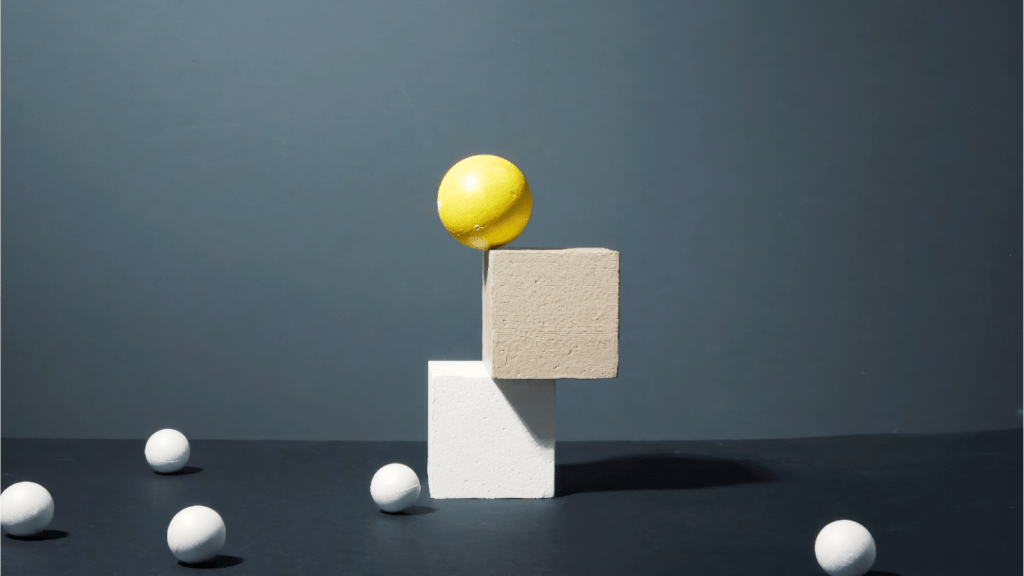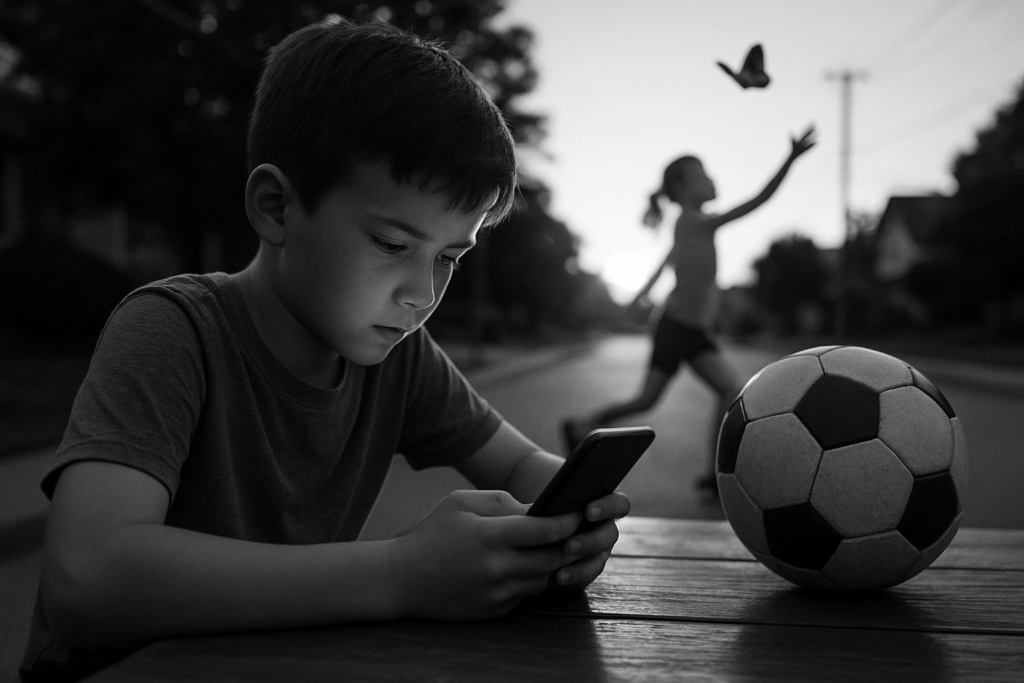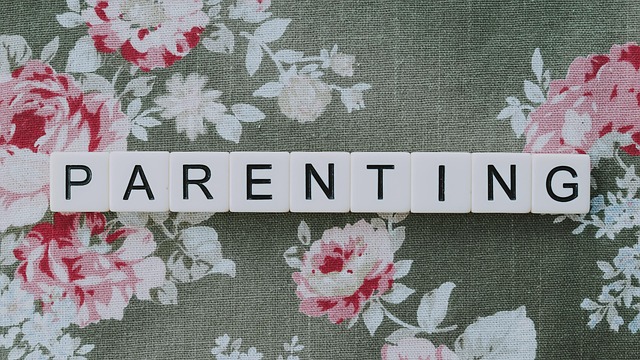Understanding the Need for a Balanced Routine
Balancing gaming with other activities can be challenging. It’s essential to understand why a balanced routine matters to ensure both enjoyment and productivity.
The Impact of Excessive Gaming
Excessive gaming can negatively affect health and relationships. Spending too much time gaming may lead to physical issues like eye strain, poor posture, and sleep deprivation.
Mentally, it can contribute to anxiety and depression. In relationships, it may cause neglect of personal connections, leading to misunderstandings and conflicts.
Research from the American Psychological Association links excessive gaming to reduced academic and work performance.
Benefits of Diverse Activities
Incorporating diverse activities into a routine enhances overall well-being. Physical activities like running or yoga promote fitness and reduce health risks.
Engaging in hobbies such as:
- reading
- gardening
- painting
stimulates creativity and cognitive skills. Social interactions foster meaningful relationships and improve communication.
Studies from Harvard Health highlight that balanced routines boost mental health and life satisfaction.
A balanced routine ensures gaming remains enjoyable without compromising other life aspects, helping achieve a healthier mindset and lifestyle.
Strategies for Balancing Gaming with Other Interests

Balancing gaming with other pursuits boosts well-being and productivity. The right approach ensures time for diverse activities and keeps gaming enjoyable.
Setting Time Limits and Goals
Establish clear time limits for gaming sessions. Use tools like alarms or app timers to monitor gaming durations. For example, limit gaming to 1-2 hours per day to free up time for other activities.
Set specific goals for both gaming and non-gaming activities. Plan to complete certain game levels or achievements within a set time, but also schedule goals like reading a chapter of a book, running a mile, or learning a new skill each week.
Balanced objectives ensure a variety of achievements across different areas of life.
Alternative Activities to Complement Gaming
Incorporating other activities with gaming prevents burnout and promotes overall development. Physical activities like jogging, yoga, or strength training improve physical health.
For instance, dedicate 30 minutes daily to exercise.
Engage in hobbies that differ from gaming, such as painting, playing a musical instrument, or cooking. These offer creative outlets and reduce screen time.
Combine social interactions with these hobbies, like cooking with friends or joining a local sports club.
Reading and educational activities offer mental stimulation and knowledge expansion. Consider reading one new book monthly or taking online courses to develop new skills.
This balance enriches life experiences and maintains a healthy mindset.
Implementing Tech Tools for Time Management
Using tech tools effectively helps manage time better by balancing gaming and other activities.
Apps and Gadgets to Monitor Gaming Hours
Various apps help track gaming hours. Apps like RescueTime and Toggl provide detailed reports on time spent gaming.
Portable devices like the Fitbit not only track physical activity but also monitor sedentary behavior. This data offers insights into gaming habits and suggests necessary adjustments.
Reminders and Alarms for Activity Transitions
Setting reminders prevents excessive gaming. Apps like Google Calendar and TimeTune allow users to schedule activities and set alarms. Smart home devices like Amazon Echo can announce reminders to ensure activity transitions are smooth.
These tools ensure gaming doesn’t overshadow other important activities.
Success Stories and Lessons Learned
Successful gamers know the importance of a balanced routine. Here, we explore some inspiring case studies and expert tips.
Case Studies of Balanced Gamers
- Esport Prodigy Myth:
TSM Myth (Ali Kabbani) is a prime example of balance. Despite achieving fame in Fortnite, he maintains a strict schedule. He allocates time for exercise, streaming, and personal life. This regimen keeps him energetic and focused. - Streamer CouRageJD:
Jack “CouRageJD” Dunlop, a successful streamer, prioritizes physical fitness and family time. He divides his day into segments for streaming, workouts, and relaxation. This method helps him stay productive and mentally well. - League Star Sneaky:
Zachary “Sneaky” Scuderi balances his time between gaming and cosplay. By setting specific hours for each activity, he manages to excel in both. This dual-focus approach provides him a diversified, fulfilling routine. - Gaming Psychologist Dr. Kowert:
Dr. Rachel Kowert suggests setting firm gaming boundaries. Having dedicated non-gaming time prevents burnout and promotes overall well-being. Her advice includes engaging in physical and social activities regularly. - Fitness Coach Brian Alsruhe:
Brian Alsruhe emphasizes incorporating fitness into your routine. He recommends gamers integrate workouts between gaming sessions. This strategy ensures physical health is not neglected. - Mental Health Expert Dr. Markey:
Dr. Charlotte Markey advises monitoring screen time closely. She suggests using tech tools to track and limit gaming hours. According to her, moderation is key to maintaining mental health while enjoying gaming.
From these success stories and expert tips, one can draw valuable lessons on balancing gaming with other activities. Balancing various aspects of life ensures long-term productivity and well-being.



